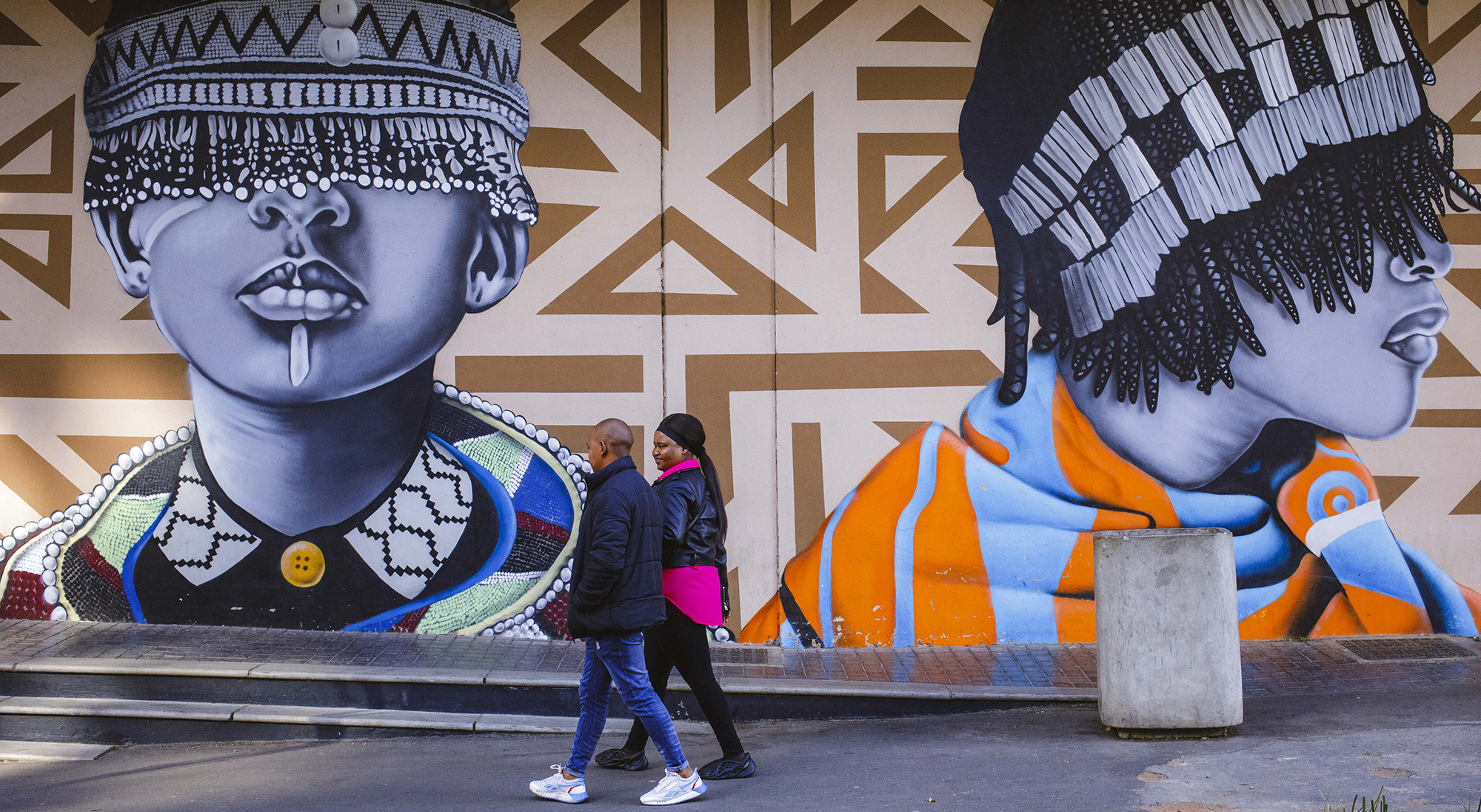It’s common cause that SA is in economic trouble — we feel it all around us. What is less well known is that SA’s problems, not accidentally, are reflected in the economy of the African continent. It too is in deep trouble.
This is a new, unsettling and surprising development. In 2011, the descriptor Africa Rising was coined by the Economist magazine and picked up by several other publications. Books were written about the subject including — surprise! — Africa Rising, by Vijay Mahajan.
The idea behind the notion was that democratisation was increasing, notably in Nigeria and South Africa; there was comparative peace on the continent; the internet and mobile phones were helping to facilitate big jumps in education and business; and there was huge growth in entrepreneurship.
One of the most important aspects was a leap in consumer spending, and countries around the world started to notice just how large Africa’s population was becoming. This was all visible in the economic numbers. Between 2005 and 2015, the economy of Africa as a whole increased by 50% compared to the world average of 23%.
But as often happens, almost as immediately as the “trend” was declared, it stopped. The headline number, sub-Saharan Africa GDP per capita, peaked in 2014 at $1,936 and has since fallen by more than 10% to about $1,700 this year. In the same period, global GDP per capita has risen by nearly 15%.

Bloomberg columnist Javier Blas has done a good job here of explaining some of the reasons for the decline. The main cause is that the rocket fuel that was pulling Africa up — global commodity prices — flattened after the financial crisis in 2009.
But this is not the full story. Commodity prices were also flat during the 1985 to 2002 period, when there was a period of stagnation in African growth. However, there are noteworthy differences.
What happened after the commodity increase in the 2000s is that the global bond market opened for African countries, and working on the basis that the growth trend was strongly ascending, a whole bunch of countries jumped in. As African countries found their feet economically, aid injections, particularly those from Europe, started to decline. And the rise of China helped keep investment rates pretty high.
At the same time, markets opened up and importantly, other than in some dire cases like Zimbabwe, inflation was kept broadly under control. Blas quotes some extraordinary statistics on these issues, including the fact that sub-Saharan African nations haven’t raised any money in the international bond market so far this year, breaking with years of heavy issuance.
The European aid budget has declined markedly, and with African governments under severe strain, Chinese debt-funded investment has also dried up. US interest in Africa has never been sizeable; former US president Donald Trump famously described African countries as “shitholes” and never visited the continent; neither has current President Joe Biden, apart from a brief stopover in Egypt.
African per capita economic growth has had an enormously hard time keeping up with population growth, which has been exponential. The big improvements in African healthcare have been a wonderful boon for natal survival rates, but they also have the effect of making it hard for African governments to generate the economic growth necessary to improve overall poverty rates.
The result has been that two African countries have already defaulted on their debt, and the governments of the entire northern swathe of the continent and other countries elsewhere on the continent have fallen to military coups.
What’s remarkable about this turn of events is that globally, I get the impression the level of concern in what might be described as “the West” and even in “the Global South” has been incredibly low.
This is all worrying, but to me, the situation is by no means lost. Africa is generally a different place now. In broad terms, African growth in real terms has matched global growth over the past decade. Many of the financial and business reforms made during the 2000s will stick in most places. East Africa, for example, is just powering ahead.
I know these things are kinda arbitrary, but Africa’s population is now twice that of both Europe and South America. Ultimately, demographics are destiny and Africa’s time will come. It’s just going to take a bit longer than the conventional wisdom circa 2011. DM
Africa
After the Bell: Africa rising? Not so much





